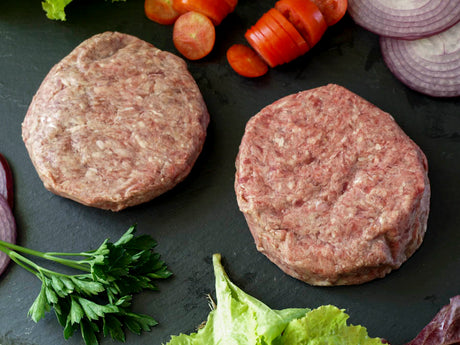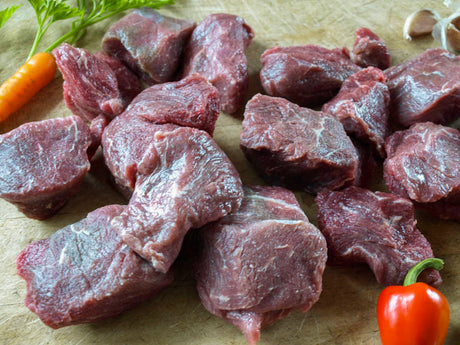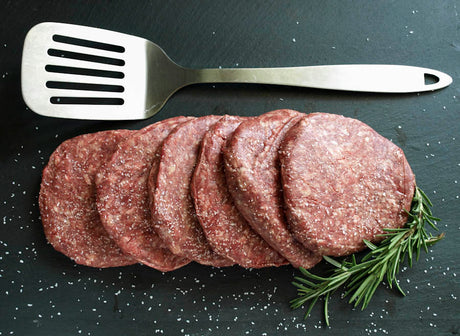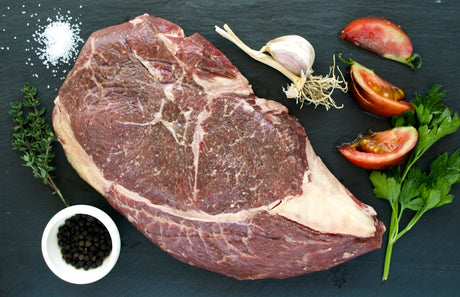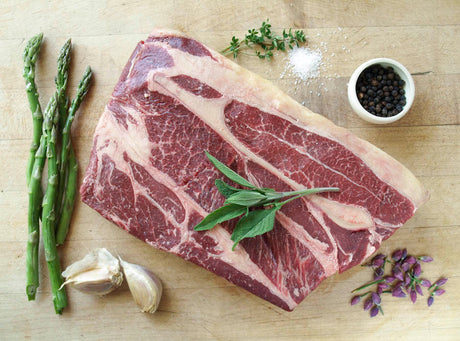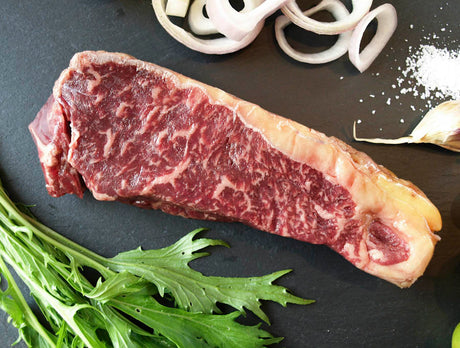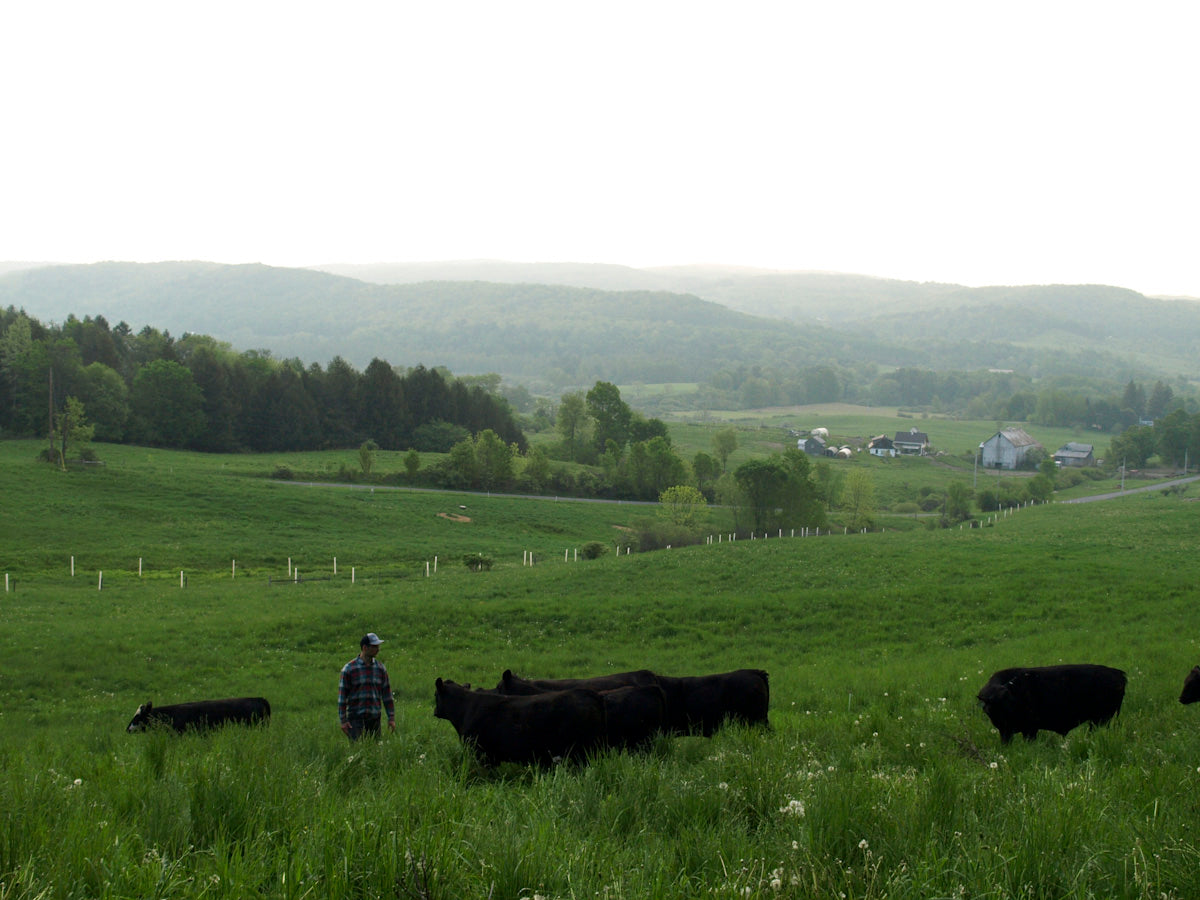
Grass Fed Basics
Straight talk about what should be a simple idea
What do you mean by grass fed?
In its most straightforward form, the grass fed in grass fed beef, grass fed lamb, or grass fed dairy simply means that the animal from which it comes has eaten nothing but grass, clover, and other pasture plants. But we do not live in a simple world, so less scrupulous actors might label meat from a cow that has eaten both grass and corn grass fed beef, or chicken that has eaten both complete feed and pasture grass-fed chicken. When I use the term grass-fed throughout this site, what I mean is a diet of only grass, clover, and other forage plants.
Is grass fed better than conventional?
This is the question I hope to answer! There are plenty of places to go if you want a smattering of cherry-picked studies that confirm one opinion or another concerning the merits or demerits of any agricultural system. While I’m sure I fail at times (failures I aim to correct!) my goal with this website is to be clear-eyed and honest about complex topics, and few topics in agriculture are as complex as grass-based farming.
That said, I broadly do think grass fed is the best approach to raising livestock. But what this means and how certain I am varies quite significantly depending on the topic. The relative healthiness of grass-fed meat for the humans who eat it, the effects raising it has on the environment, or even how it compares to emerging technologies like lab grown meat all have different answers.
I will provide the best answers and supporting evidence I can in my effort to answer these and other questions. Just as importantly, I’ll be clear when I don’t know the answer to something - this comes up quite a lot in the area of health - and I’ll explain why I believe you should share my skepticism.
If you’re admitting ignorance this early on, why should anyone listen to you?
This varies by topic. Descriptions of farming practices and terminology are mostly common knowledge in farming circles, and while there may be quibbles here and there, I don’t think anyone will substantively argue with how I write about things like rotational grazing or what it means for a cow to be well finished.
But as I just said, I’m on less certain footing when it comes to more technical topics like the relationship between farming practice, diet, and human health, or assessing interactions between farming and the environment. When it comes to these I’ll link to my sources where relevant, be clear when I’m making a claim based on my own experience, and highlight areas where I believe uncertainty is warranted.
Okay, but who are you?
My name is Garth Brown. With my wife Alanna, my brother Ed, and my sister-in-law Normandy I own Cairncrest Farm, located in central New York. location of the Grass Fed University campus. (By which I mean the pastures where my cows graze.)
Why should anyone trust a grass fed beef farmer for a sober assessment of the topic? Isn’t that a little like asking a dog to weigh in on whether or not dog treats are good?
I admit to believing grass fed farming is pretty great. If I didn’t, I wouldn’t be in this line of work. I did come to the belief before I came to the farm, for what it’s worth. For years I was a vegetarian, but after reading and thinking about the topic I came to believe that animal agriculture could actually be a net good for society. It was only then that my farming journey started in earnest.
Also, particularly when it comes to topics like lab-grown meat, the coverage is driven almost entirely by press releases from well funded startups, press releases which are credulously reported throughout the media. A little counter-programming, even opinionated counter-programming, can only be good.
That said, one of my motivations in undertaking this project is frustration with the sloppy ways some proponents of grass fed agriculture talk about these topics. Poke around on pro grass-fed sites and it’s easy to come away with the impression that if we just grew a bit less corn and a few more grass-fed cows we’d reverse climate change, end all the chronic health crises that beset our health care system, and maybe achieve collective enlightenment. I believe things are more complicated, and I think actually improving the farming system as a whole, including increasing the number of well managed grass based farms, requires discussion that is honest and nuanced.
For something titled “Grass fed Basics” this ended up getting kind of psychological. How about a straightforward answer to the real question: does grass fed chicken exists?
100% grass fed beef
View all-
-
-
-
-
-
Cairncrest Farm
70.0 lb
$927.50$962.07Unit price /UnavailableLow stock (4 units) -
-








